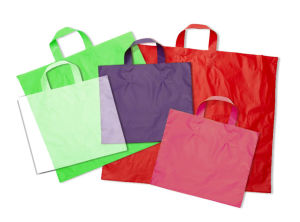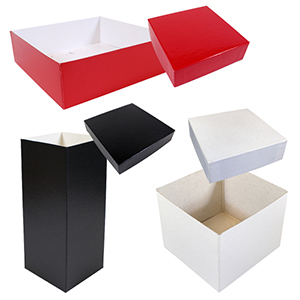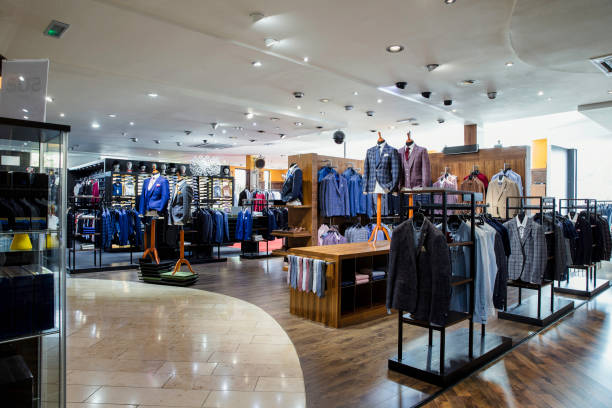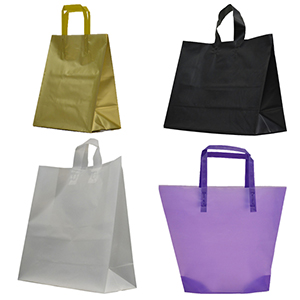The Top Three Green Advantages of Plastic Customized Shopping Bags

Almost all businesses require shopping bags for clients to carry their purchased goods. Customers carry groceries, other purchased products, or takeaway goods in these bags. These bags are an absolute necessity for all shops, restaurants, bakeries, butchers, and other sellers. The retailer's first choice is a plastic bag. Plastic bags, have numerous advantages over alternatives such as paper and cloth bags. Plastic bags usually cost only one penny each. This is far less expensive than the normal paper bag, which costs 5 cents for each bag. Fabric bags can range in price from a few dollars to a few hundred dollars.
Furthermore, the plastic bag is lightweight and convenient to store. As a result, they take up less space than other bags. Plastic bags are much easier to open and double up. This saves valuable checkout time by helping to speed up transactions and improve customer service.
Compared to paper and cloth bags, custom plastic bags offer some clear environmental benefits. Also, companies must also comprehend the environmental benefits of plastic bags in order to select the best personalized grocery bag for their needs.
Do you know which type of bags use more energy to manufacture: plastic or paper? Do you have any idea if producing paper or plastic bags will result in more air being produced? Read on to learn know
1: Plastic Bags: Great for Reuse and Recycling - According to the EPA, Americans use about 100 million plastic bags annually. However, the American Forest & Paper Association reports that Americans use only 10 million paper bags a year. The ease of handling and transportation of plastic bags is a motivating factor for this diversity.
One fact that these statistics don't show is how much Americans are reusing plastic bags. Many people put away plastic bags after shopping and use them for storing lunch, trash, home storage, and many other purposes. Plastic bags last much longer than paper bags. People can wash them out and use them over and over, perhaps for years. In addition, plastic bags are very easy to recycle. Many large retailers, such as grocery stores, have convenient drop-off points for recycling plastic bags. This means that people don't have to travel to recycle plastic bags. Instead, they can take them shopping and do their daily recycling. Careful recycling by customers can offset the perception of the negative environmental impact of the use of plastic bags. According to the EPA, Americans are doing much better in their efforts to recycle plastic bags.
2: Plastic Bags Take Up Less Space in Landfills - All unrecycled waste is sent to local landfills. This includes paper and plastic bags. It's easy to see that plastic bags are much more compact than paper bags. In fact, plastic bags occupy only 0.4% of the landfill space and are very small. In contrast, paper bags occupy 1.0% of landfills, more than double the plastic bags. In addition, paper bags weigh 6 to 7 times more than plastic bags. Most municipalities pay a fee to use a local landfill based on the weight of the landfill. The heavier the weight, the higher the price. This means that the daily use of paper bags instead of plastic bags can be expensive for cities and towns. In many cases, local governments pass these costs on to their customers through taxes and other forms of income collection.
3: Much Less Pollution from Making Plastic Bags - Many consumers and businesses are not thinking about the cost of making paper or plastic bags in an environmentally friendly way. When choosing a bag to use, it is important to understand the environmental impact of making paper or plastic bags. The EPA confirms that paper bag manufacturing uses 40% more energy than plastic bag manufacturing. In addition, the production of paper bags causes more pollution. Studies show that making a paper bag produces 50% more water and 70% more air pollution than making a plastic bag.









Validate your login